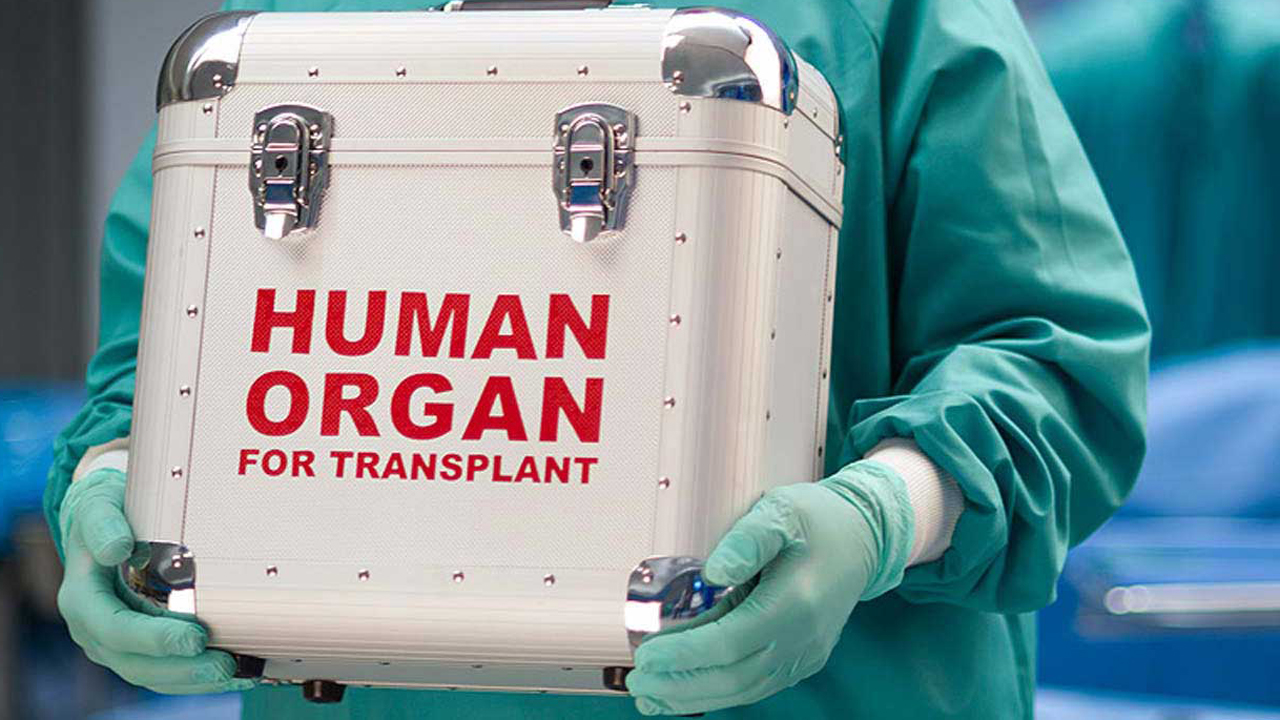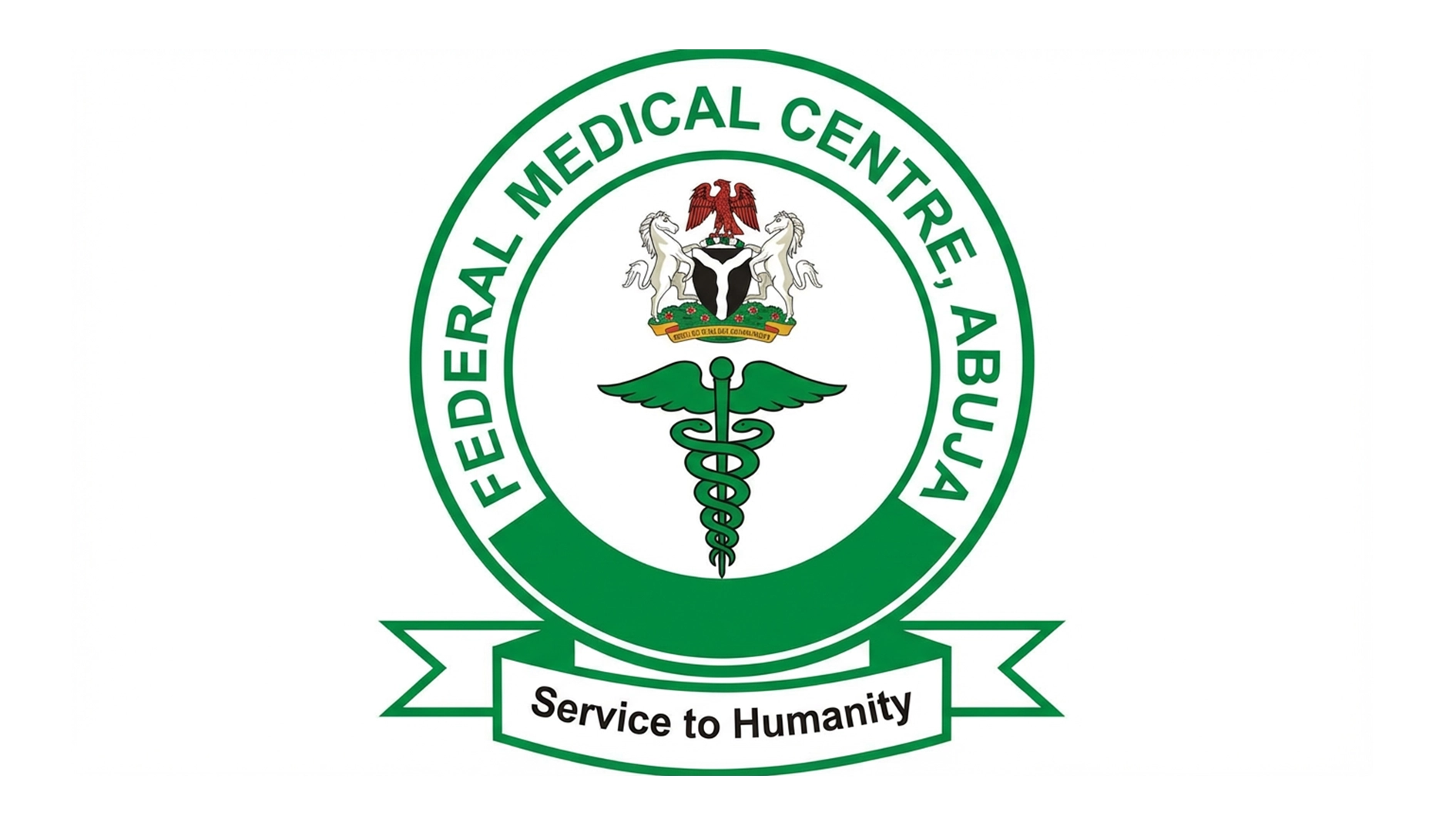
One issue that has agitated the minds of many in the last few years is organ harvesting. Stakeholders in the health sector are worried that this ugly development has stifled growth of medical tourism. They, however, said it could be stopped.
An Abuja-based public health physician and health promotion specialist, Dr. Obinna Ebirim, said, “the rising case of illegal organ harvesting in Nigeria can be attributed to several societal loopholes and distressing shifts in our collective values. It reflects a broader moral decadence and an excessive quest for money that have permeated our society.”
He said first and foremost, the unethical practice of organ harvesting is often driven by the lure of quick financial gain. In a society where economic opportunities are limited and financial disparities are stark, some individuals resort to desperate measures to secure their financial well-being.”
Ebirim, however, said there is a concerning erosion of ethical values and principles that previously held our society together.
He noted that corruption and weak law enforcement mechanisms exacerbate the problem.
He also said the lack of strict regulations and enforcement has allowed these illegal activities to persist.
“Those engaged in organ harvesting often exploit these weaknesses within our legal system.”
Summarising the loopholes in the society that make people to harvest kidney of their patients, he said the prevalence of illegal organ harvesting in Nigeria is a manifestation of moral decadence. “The excessive pursuit of wealth, ethical erosion, and the loss of values that were once integral to our society,” Ebirim said.
Addressing this issue requires not only legal measures but also a collective effort to rekindle and uphold the positive values we once held dear.
Ebirim explained that there is an urgent need to address this heinous crime. Illegal organ harvesting is the illegal trade of organs for transplantation. It is a complex problem rooted in socio-economic factors, healthcare system weaknesses, and ethical lapses.
“This crime not only violates the sanctity of human life but also erodes public trust in healthcare institutions. To win the battle against illegal organ harvesting, we all have a role to play.
In what governments, hospitals, patients, healthcare workers, and others can do,” he said.
He said public awareness is very important such as launching nationwide awareness campaigns to educate the public about the dangers of organ trafficking and the legal, ethical means of organ donation.
He said government should develop and promote legal and ethical organ transplant programs, encouraging voluntary donations.
Hospital management should also ensure a culture of transparency in service delivery including a transparent record-keeping of organ transplants and donations and clear communication of procedures to patients.
Ebirim said hospitals should be required to report transplant activities intermittently to authorities.
He said: “Hospital managements should train health workers in their facility to identify signs of illegal organ harvesting and encourage reporting of cases of suspicions organ harvesting.
Hospitals should establish ethical committees to monitor and deal with ethical issues such as transplant procedures while ensuring adherence to ethical standards.”
Deputy Director, Clinical Nutritionist and Dietitian, Obafemi Awolowo University Teaching Hospital Complex (OAUTHC), Ile Ife, Osun State, Dr. Ogbonna Obinna Chimela, said section 48 of the National Health Act has made it compulsory for consent of the client before organ harvest.
“So, if this law is enforced, it may be difficult and criminal for anyone to harvest patients or client’s organ without his or her approval,” he revealed.
He said enforcement of the provisions of the National Health Act criminalise unauthorised organ harvest as noticed in the case of former Deputy Senate President, Ike Ekweremadu, in the United Kingdom.
“It is the responsibility of hospitals to prevent organ harvest,” Chimela said.
According to him, “hospitals should employ healthcare professionals with impeccable character and put up a complaint box, where patients and clients could freely report any untoward or unprofessional attitude of any of the healthcare professionals for further investigation.”
On the role of government in stopping illegal organ harvest, Chimela said, “it must support doctors and other health professionals by providing an enabling environment with good incentives that encourage them to make Nigeria their place of practice.”
He said victims of organ harvest are not covered by National Health Insurance Scheme (NHIS), therefore, if government can enroll all Nigerians into NHIS, it would reduce illegal organ harvest in the country.
He said government should engage in policy formulation and implementation to develop and implement national policies and strategies that focus on addressing the incessant organ harvest.
This should include, policies that make private sector NHIS complaint among other health insurance enrolment that should benefit all Nigerians.
He said: “Government should encourage public education and launch awareness campaigns to educate the population about the dangers of engaging in organ harvest and put preventive measures, among others.”
On his part, Dr. Adeleke Kayode, a consultant on public health at the Lagos State University Teaching Hospital (LASUTH), Ikeja, Lagos, said, “government needs to empower security and law enforcement agencies to fight quackery and evaluating the medical practice in Nigeria and reduce the illegal organ harvest.”
He said doctors and other health workers need to fight organ harvest destroying their professions.
“They need to set up a task force team to monitor the practices of health workers both in private and public hospitals is very important,” Kayode said, adding: “I will advise all of us as Nigerians to join hands in handling and fight organ harvest in the health sector. There should be intra -and inter-sectoral collaborations to fish out bad eggs in the profession.”






